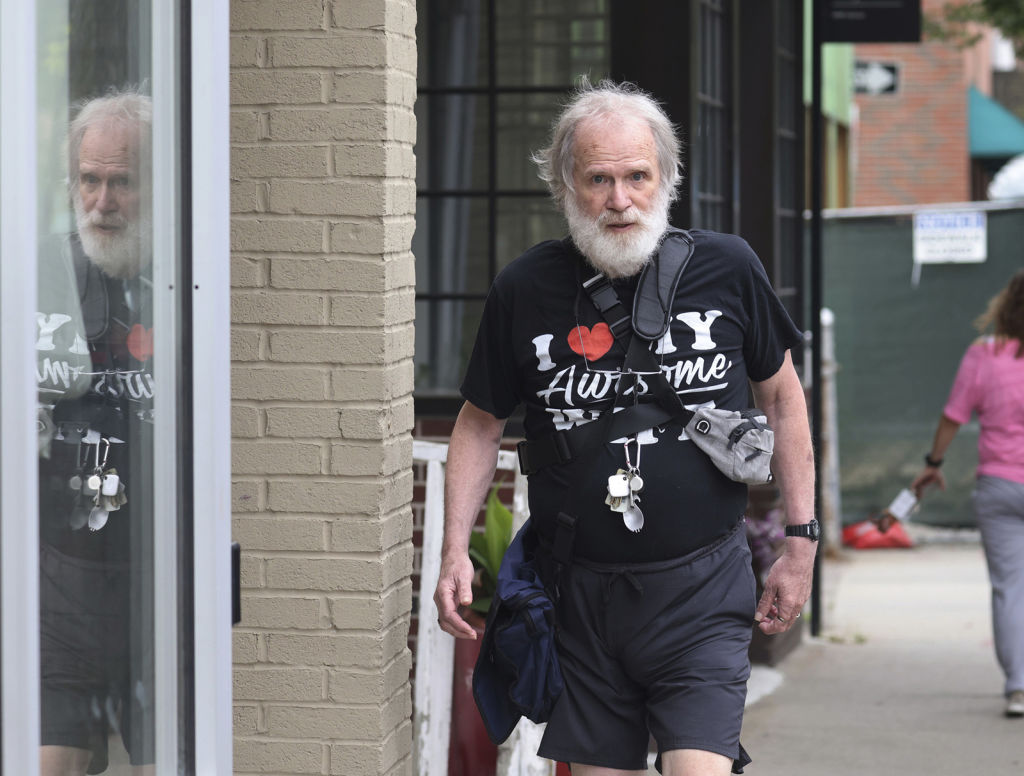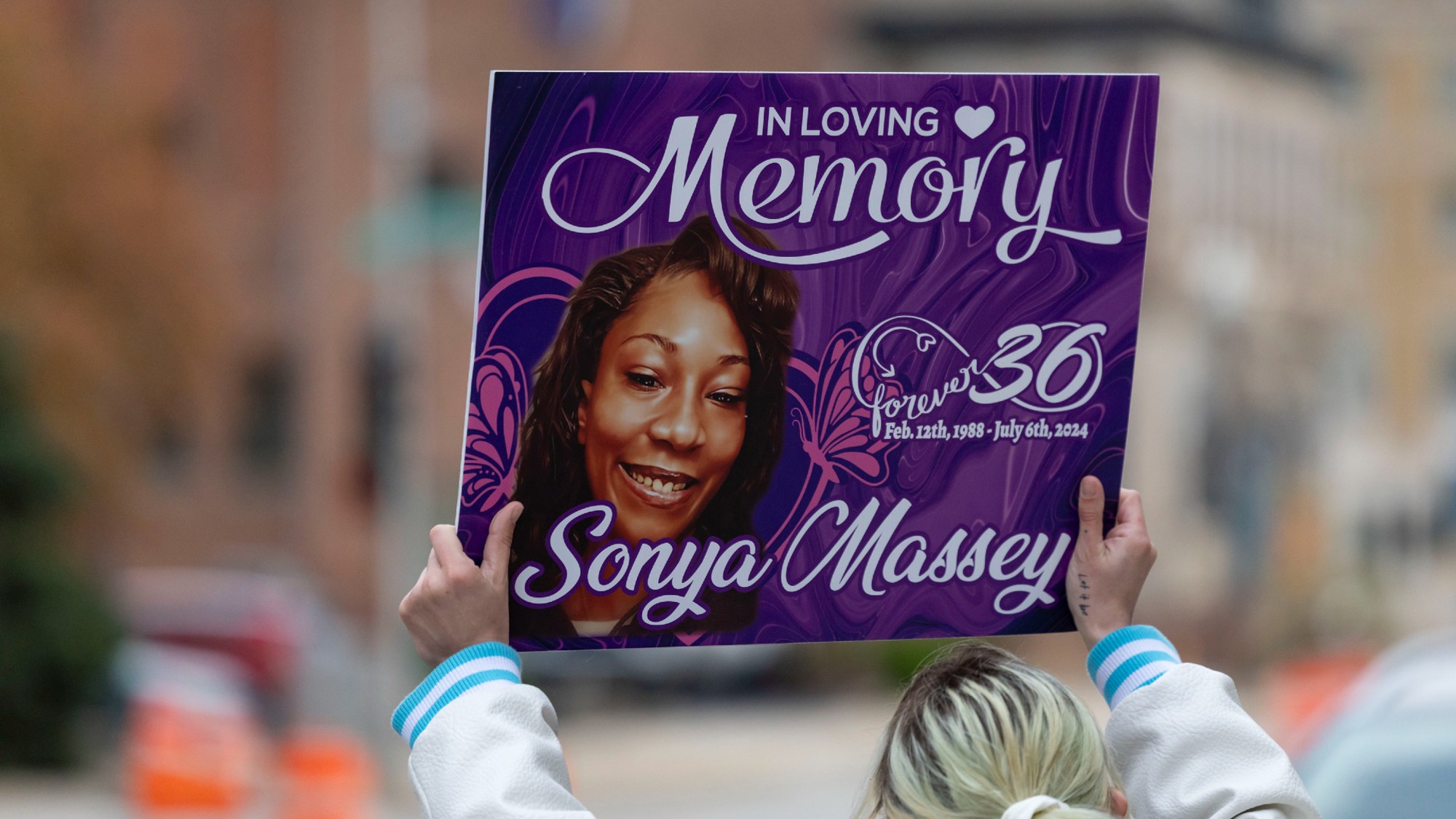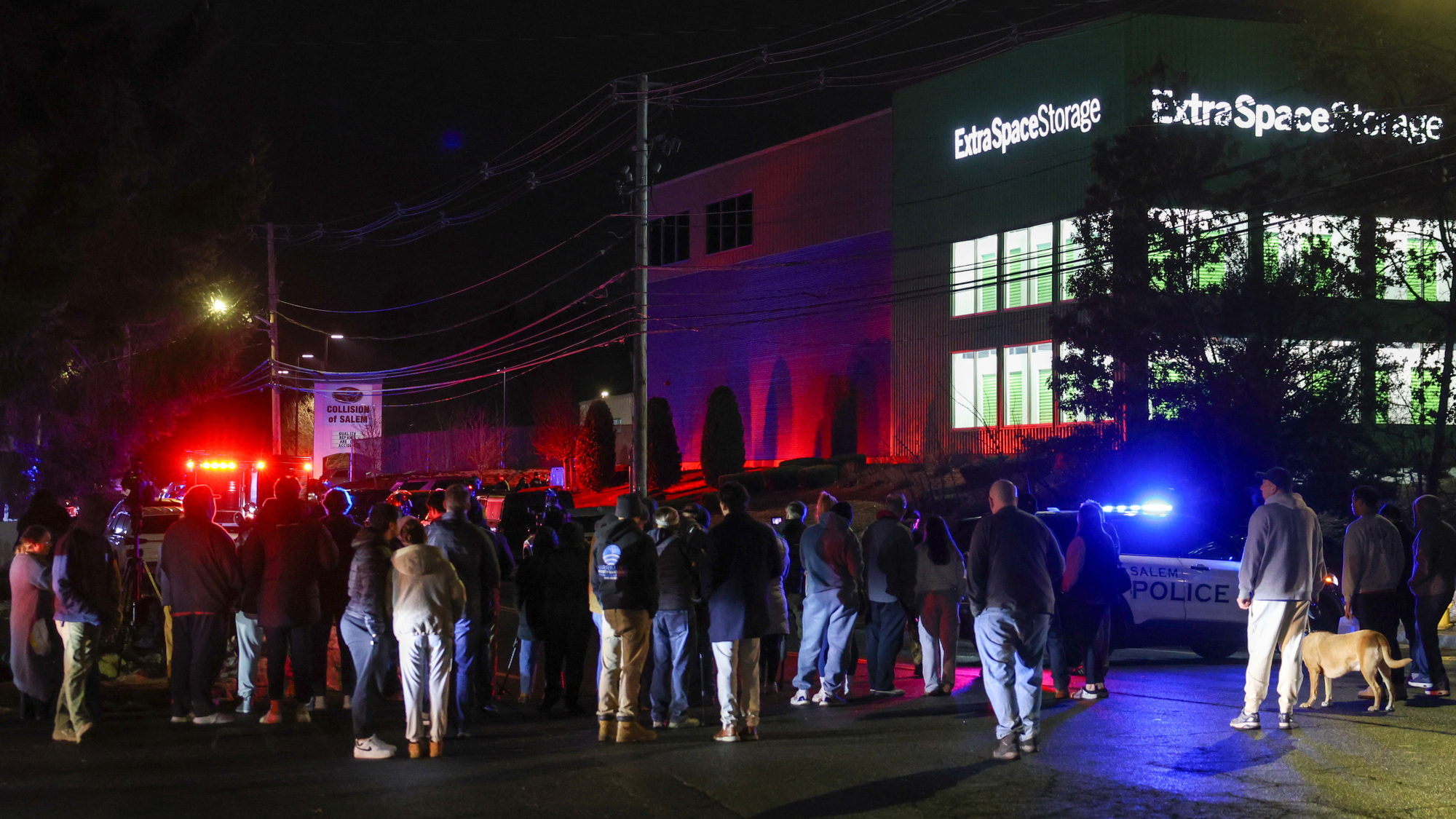Top suspect in transformative 1982 cyanide-laced Tylenol murders dies uncharged


A free daily email with the biggest news stories of the day – and the best features from TheWeek.com
You are now subscribed
Your newsletter sign-up was successful
The top suspect in a rash of unsolved 1982 murders in Chicago involving cyanide-laced Tylenol capsules died at his home in Cambridge, Massachusetts, on Sunday, police said Monday. The poisoned Tylenol, which killed a 12-year-old girl and six other people over three days, led to a panicked nationwide recall and an overhaul of over-the-counter drug safety rules, including the introduction of tamper-resistant packaging and substitution of tablets for capsules.
James W. Lewis, 76, was charged and convicted of attempting to extort Tylenol maker Johnson & Johnson after he confessed to sending the company a letter demanding $1 million to "stop the killing," and he gave the FBI a detailed account of how the killer might have put cyanide inside the painkiller capsules. But while he spent 12 years in prison for extortion charges, he was never charged in the murders.
Lewis said in a 1992 interview that he was trying to embarrass his wife's former employer with the extortion note and called the killer "a heinous, cold-blooded killer, a cruel monster." Investigators attempted to reopen the case several times, including as late as 2022. Along with the revived attempts to change Lewis with the Tylenol poisonings, police accused him of murder in Kansas City in 1978 and rape and kidnapping in Cambridge in 2004, though charges were dropped in both cases due to problems with evidence or the refusal of victims to testify, The Associated Press reported.
The Week
Escape your echo chamber. Get the facts behind the news, plus analysis from multiple perspectives.

Sign up for The Week's Free Newsletters
From our morning news briefing to a weekly Good News Newsletter, get the best of The Week delivered directly to your inbox.
From our morning news briefing to a weekly Good News Newsletter, get the best of The Week delivered directly to your inbox.
Helen Jensen, a nurse who helped treat the first victims at a suburban Chicago hospital in September 1982 and was one of the first people to figure out that drug bottles had been tampered with, told AP on Monday that she hopes Lewis' death brings some closure to the families of the victims. Lewis "changed the world because of what he did," she told AP. "We lost our innocence," Jensen added. "We have become less trusting of everyone else. We can blame it all on him. . . . He was a terrorist and we have suffered from his terror for 40 years."
An investigation found nothing suspicious about Lewis' death on Sunday, Cambridge police said.
A free daily email with the biggest news stories of the day – and the best features from TheWeek.com
Peter has worked as a news and culture writer and editor at The Week since the site's launch in 2008. He covers politics, world affairs, religion and cultural currents. His journalism career began as a copy editor at a financial newswire and has included editorial positions at The New York Times Magazine, Facts on File, and Oregon State University.
-
 What to know before filing your own taxes for the first time
What to know before filing your own taxes for the first timethe explainer Tackle this financial milestone with confidence
-
 The biggest box office flops of the 21st century
The biggest box office flops of the 21st centuryin depth Unnecessary remakes and turgid, expensive CGI-fests highlight this list of these most notorious box-office losers
-
 The 10 most infamous abductions in modern history
The 10 most infamous abductions in modern historyin depth The taking of Savannah Guthrie’s mother, Nancy, is the latest in a long string of high-profile kidnappings
-
 Maxwell pleads 5th, offers Epstein answers for pardon
Maxwell pleads 5th, offers Epstein answers for pardonSpeed Read She offered to talk only if she first received a pardon from President Donald Trump
-
 Hong Kong jails democracy advocate Jimmy Lai
Hong Kong jails democracy advocate Jimmy LaiSpeed Read The former media tycoon was sentenced to 20 years in prison
-
 Ex-Illinois deputy gets 20 years for Massey murder
Ex-Illinois deputy gets 20 years for Massey murderSpeed Read Sean Grayson was sentenced for the 2024 killing of Sonya Massey
-
 Sole suspect in Brown, MIT shootings found dead
Sole suspect in Brown, MIT shootings found deadSpeed Read The mass shooting suspect, a former Brown grad student, died of self-inflicted gunshot wounds
-
 France makes first arrests in Louvre jewels heist
France makes first arrests in Louvre jewels heistSpeed Read Two suspects were arrested in connection with the daytime theft of royal jewels from the museum
-
 Trump pardons crypto titan who enriched family
Trump pardons crypto titan who enriched familySpeed Read Binance founder Changpeng Zhao pleaded guilty in 2023 to enabling money laundering while CEO of the cryptocurrency exchange
-
 Thieves nab French crown jewels from Louvre
Thieves nab French crown jewels from LouvreSpeed Read A gang of thieves stole 19th century royal jewels from the Paris museum’s Galerie d’Apollon
-
 Arsonist who attacked Shapiro gets 25-50 years
Arsonist who attacked Shapiro gets 25-50 yearsSpeed Read Cody Balmer broke into the Pennsylvania governor’s mansion and tried to burn it down
